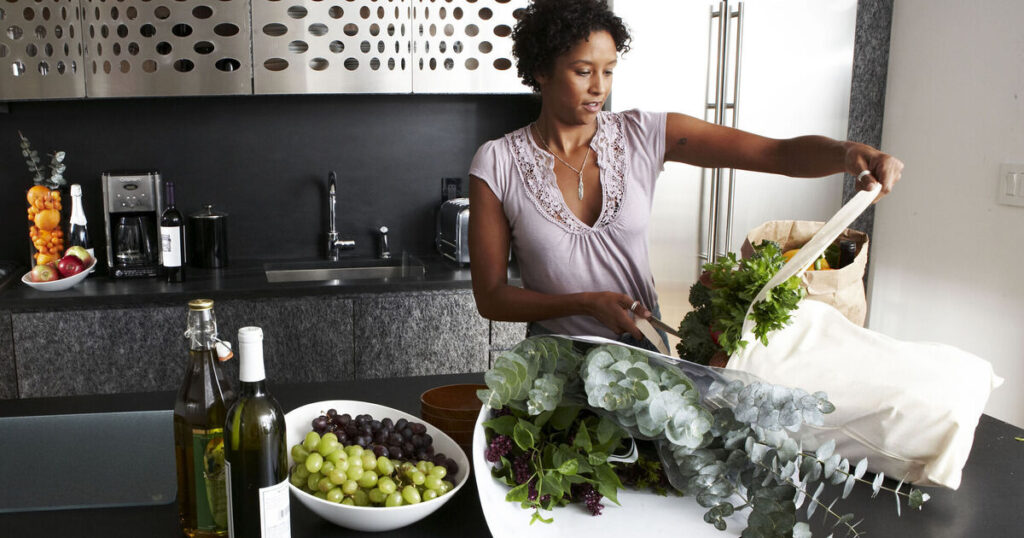According to the Central Statistics Office (CSO), Ireland holds the position of the second most expensive country in the Eurozone for food and alcohol. Consumers in Ireland are paying considerably higher prices for essential items such as milk and bread compared to the average across the European Union.
The CSO’s new release, analyzing European Commission data from the previous month, compares Ireland’s cost of living with other European nations, revealing that Ireland ranks among the most expensive in several categories.
Irish consumers are paying 12% more for food compared to the EU average. The price of alcohol is almost twice the European average.
Statistician Edel Flannery stated, “When we examine specific food categories, with the exception of Meat, prices for all other types of food in Ireland were higher than the EU27 average in 2024.”
“Breads & Cereals were 17% more expensive than the EU27 average, while Milk, Cheese & Eggs were 11% higher, Fruits, Vegetables & Potatoes were 9% higher, Oils & Fats were 6% higher, and Fish prices were 5% higher.”
Ireland tops the list of 36 European countries for the cost of coffee, tea, mineral waters, soft drinks, and fruit juices, with prices exceeding the EU average by 40%.
Tobacco prices in Ireland are more than double the EU average, reaching 159% higher.
Within the Eurozone, which consists of the 20 countries using the euro, Ireland is ranked either first or second in terms of the cost of food, drink, and tobacco.
These figures are released against a backdrop of growing discontent regarding the rising cost of groceries. CSO data indicates that food inflation is consistently outpacing overall inflation each month.
Recent figures reveal that grocery inflation is more than double the rate of general inflation, causing Irish households to spend more on basic necessities.
A recent survey by Barnardos revealed that over two in five families are cutting back on essential expenses such as heating, electricity, food, and medical appointments because of rising costs. Furthermore, two in five parents have reported skipping meals or reducing portion sizes to ensure their children have enough to eat.
Charities have appealed to the Government to provide targeted assistance in the upcoming Budget to families most affected by inflation. However, ministers have suggested that the hospitality sector will be the primary beneficiary, with a planned VAT cut estimated to cost €1 billion.
Meanwhile, the consumer protection watchdog has announced that it has conducted a series of unannounced inspections at retailers across the country.
The Competition and Consumer Protection Commission (CCPC) reported identifying multiple violations of consumer protection law, including inaccurate or missing price displays on items for sale.
“Consumers need to see prices clearly displayed upfront to make informed choices,” said Patrick Kenny of the CCPC. “If our enforcement officers uncover breaches of consumer protection law, we will take action.”
Additionally, Junior Enterprise Minister Alan Dillon has requested that the CCPC investigate supermarket profitability and assess whether any barriers exist that prevent new retail chains from entering the Irish market, as reported by this week.


